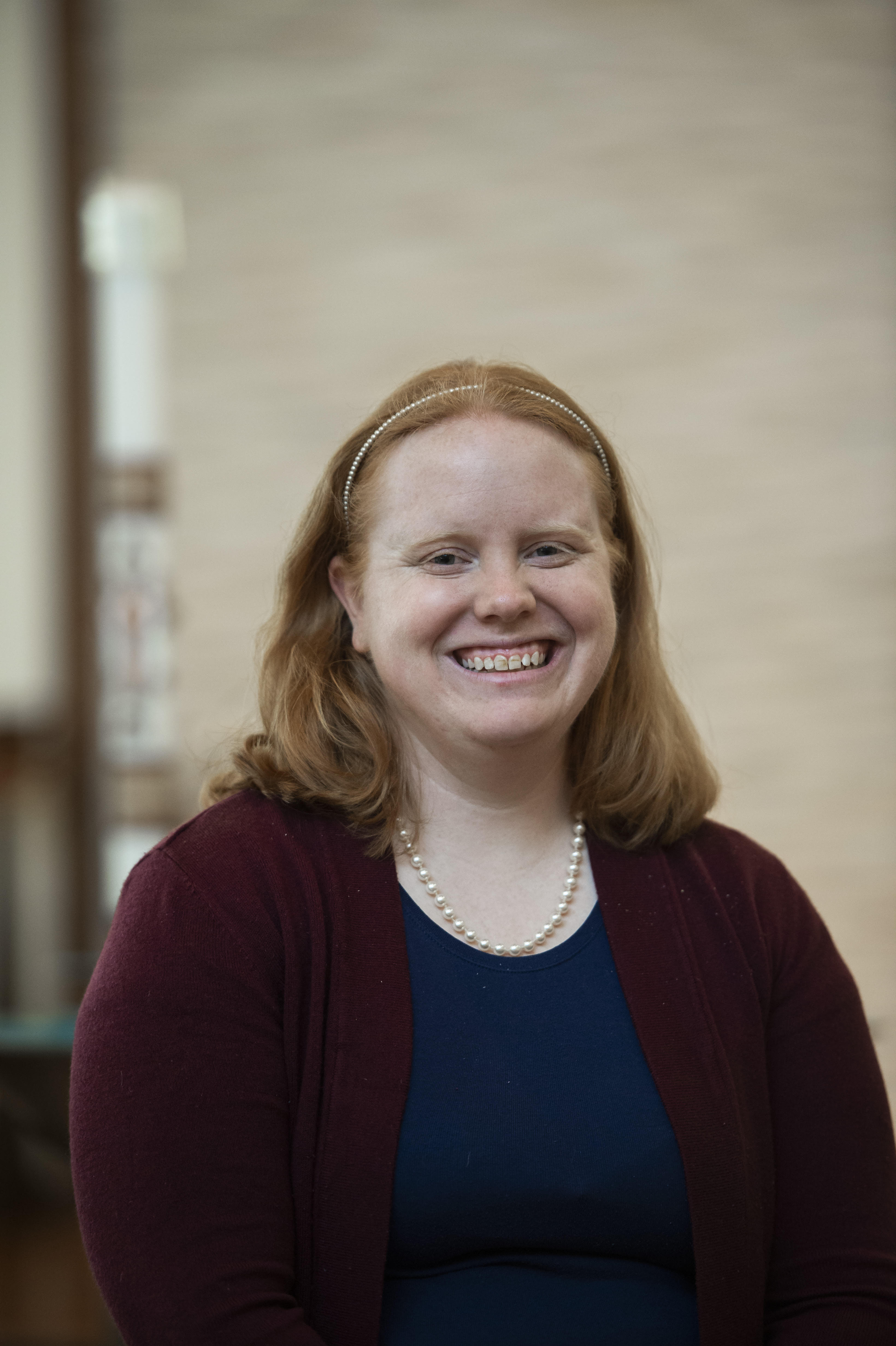Sixth Sunday after Epiphany: Week of February 13, 2022
Begin your devotion time by praying this prayer: Gracious God, you declare your love for all people. Help us recognize the blessings in our lives and grant us the courage to share these blessings with others. Amen.
Reflect on the Way of Love together: This week’s practice on the Way of Love is BLESS. According to this passage, who does Jesus say is blessed? Do you identify with any of the groups named here? How might you share your blessings with those around you?
Adult and Small Child
Read: Luke 6:17-26
Reflect: In this passage, Jesus tells different groups of people that they are “blessed.” However, those who are named blessed are people who are sometimes overlooked: the poor, the hungry, people who are sad, and people who are hurt because they are followers of Jesus. What Jesus is saying in these blessings is important. Jesus is saying that the hungry will have food, that the poor are cared for by God, and that the sad will receive comfort. Blessings aren’t just happy things like toys or favorite pets. Blessings can also be the necessary things that people need in order to live. I wonder how you can help someone remember that they are blessed by God?
Respond: Make a list of people who might feel sad, tired, or lonely during this season. This might be friends or family who live alone, someone who works in a high-stress job, residents of a local nursing home, etc. Then, be a blessing to them by making and sharing something special that reminds them they are loved. You might color a picture or make a card to send, bake some cookies to drop off, or offer to have a regular visit or phone call.
- Victoria Hoppes
Adult and Elementary
Read: Luke 6:17-26
Reflect: Have you ever thought about what it means to be blessed? I have. We're blessed because we woke up this morning. We’re blessed in that we have a place to live and food to eat. We're blessed because there are people who love us and care about us. Jesus declares four blessings and four woes in this reading. Jesus provides us with a study in contrasts by saying that the poor, the hungry, and the excluded are blessed while woe is coming to the rich as well as to those who laugh. We don't usually think of the poor and hungry as blessed. Jesus is teaching us that another reality is possible.
Respond: Find a dictionary (a book, or online) and look up the word contrast. Write a list of the four blessings and the four woes from the reading. Think of some actions you can take to help the poor and hungry. Enlist your parents and other trusted adults in your actions. Keep believing that another reality is possible.
- Imani Driskell
Adult and Youth
Read: Luke 6:17-26
Reflect: In this passage, Jesus gives us the Beatitudes, a passage I’m sure you are familiar with. Jesus explains to us that being “blessed” means living in continual awareness of the presence of God. It does not mean being free from struggle, but realizing a reality with God in it. In each of the blessings Jesus bestows, the struggle comes with a promise of change. For example, the hungry will be fed and weeping will give way to joy. In the end, this is what the Beatitudes call us to: have a better understanding of what it looks like for God to reign. This is a world in which all of God’s creatures are seen as beloved, blessed, and called to be in community with one another. It is up to us now to embrace the world with love and see with the eyes of Jesus.
Respond: The Beatitudes teach us to be kind, humble, loving and gentle. How can you help someone in need this week? Consider making a few blessing bags. You can find all the info and a short video here.
- Lauren Wainwright
Adult and Adults
Read: Luke 6:17-26
Reflect: This passage is one of scripture’s best known
and most controversial– Jesus’ introduction to the Beatitudes. In a clear
reflection of his mother’s song of joy when she finds out she is pregnant,
Jesus tells the gathered crowd that he is there to flip societal power
structures on their head and begin enacting the kingdom of God here on earth,
and what that kingdom is going to look like will rock their world. The rich and
mighty will be left in desolation and the poor, hungry, and sorrowful will be
blessed. Jesus truly is a ruler the likes of which those listening had never
seen.
Respond: Re-read the passage. As you read through this text, who do you automatically identify with? Are you the rich and satisfied ones who laugh at others’ misfortune? Are you the poor and hungry ones filled with sorrow? Does your identification vary depending on context? How does it make you feel? Take a few minutes to get a data-driven estimation on where you fall on national and global wealth scales. Given wherever you fall on those scales, are there people less financially privileged than you who you might be able to bless by following Jesus’ example of radical wealth redistribution? If so, how might you find out how you could best use your resources to assist that community? Here are two websites you can use to determine wealth:
- Jessica Davis
Tags: Lectionary Based Readings & Reflections / Year C / Latest Posts



